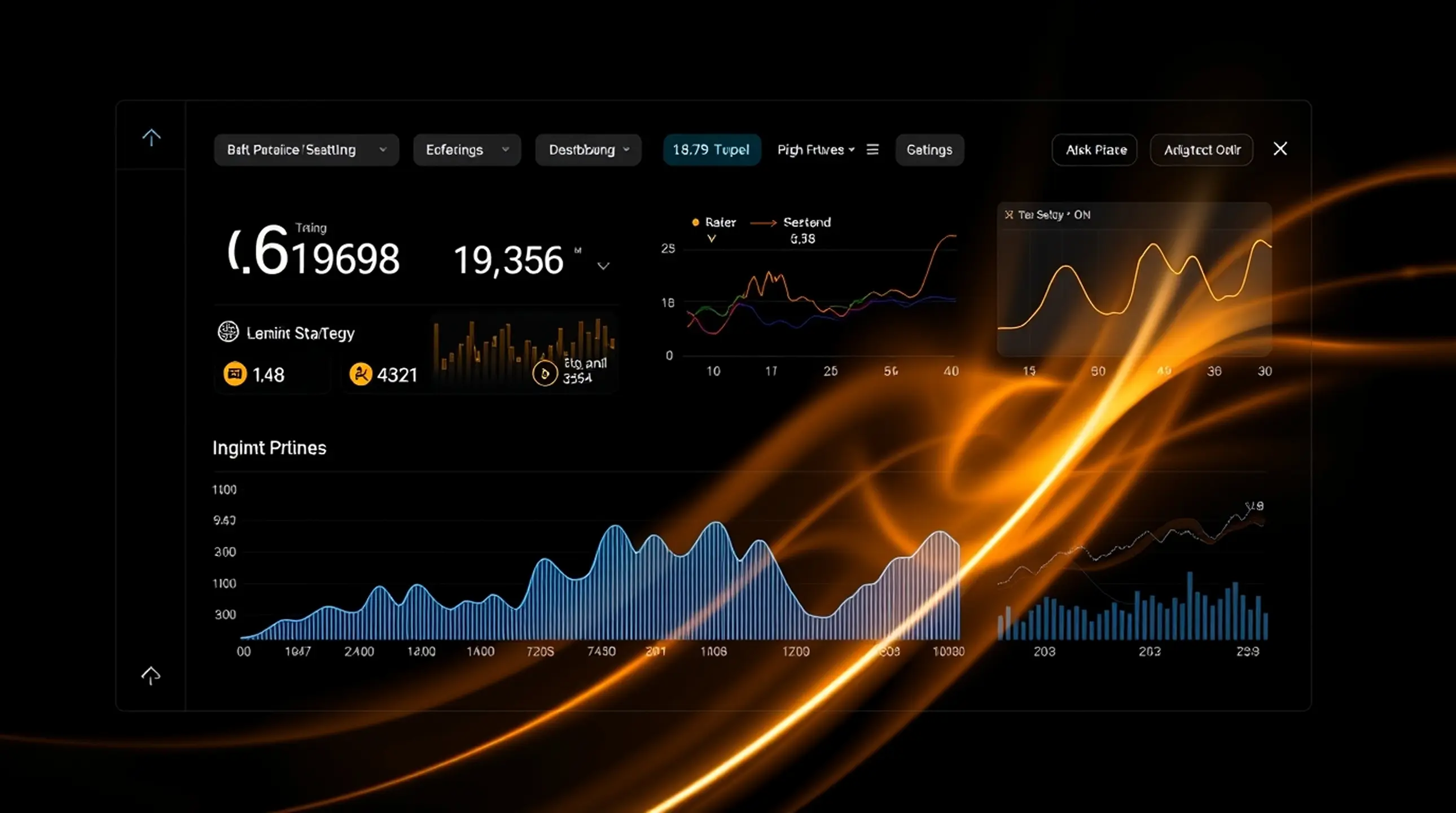In today's interconnected world, organizations operate within an environment of unprecedented volatility, uncertainty, complexity, and ambiguity (VUCA). From abrupt environmental shifts to rapid market disruptions, the ability to anticipate and adapt is no longer a luxury but a fundamental requirement for survival and growth. Traditional static planning and reactive strategies often lead to vulnerability and missed opportunities. The sheer complexity of these dynamic systems makes **Artificial Intelligence and advanced analytics** indispensable for building true resilience.
At Zyllica, we leverage the power of Artificial Intelligence and advanced analytics to enable organizations to build truly resilient systems. Our methodology transforms static operations and rigid planning into dynamic, intelligent, and highly adaptive frameworks that can foresee, withstand, and strategically navigate environmental and market shifts. Our approach includes early warning and anomaly detection systems, predictive scenario modeling, and continuous learning to ensure our solutions are adaptive and future-proof.
Implementing AI solutions for building resilient systems offers profound benefits for businesses and governments. It leads to proactive risk management by anticipating and mitigating disruptions before they escalate, enhanced agility and adaptability, and strategic foresight to gain a competitive edge. This positions organizations as leaders in robust, responsible, and forward-thinking management.
Contact Zyllica's Science Team to discuss how AI can help you anticipate and adapt to tomorrow's challenges.
More Thought-Provoking Insights

In a world facing unprecedented threats to biodiversity, traditional conservation efforts often struggle to keep pace. This article explores how AI and advanced predictive models can transform conservation from a reactive battle into a proactive, intelligent, and highly effective strategy.

Urban safety is a core concern for municipalities worldwide. This article explores how AI and predictive analytics can transform traditional reactive policing into a proactive science, optimizing resource allocation and building safer, more efficient cities.

The agricultural sector faces increasing global food demand and climate volatility. This article explores how AI transforms traditional farming into a precision science, enabling agribusinesses to enhance crop yield, optimize resource allocation, and build a more resilient food supply chain.